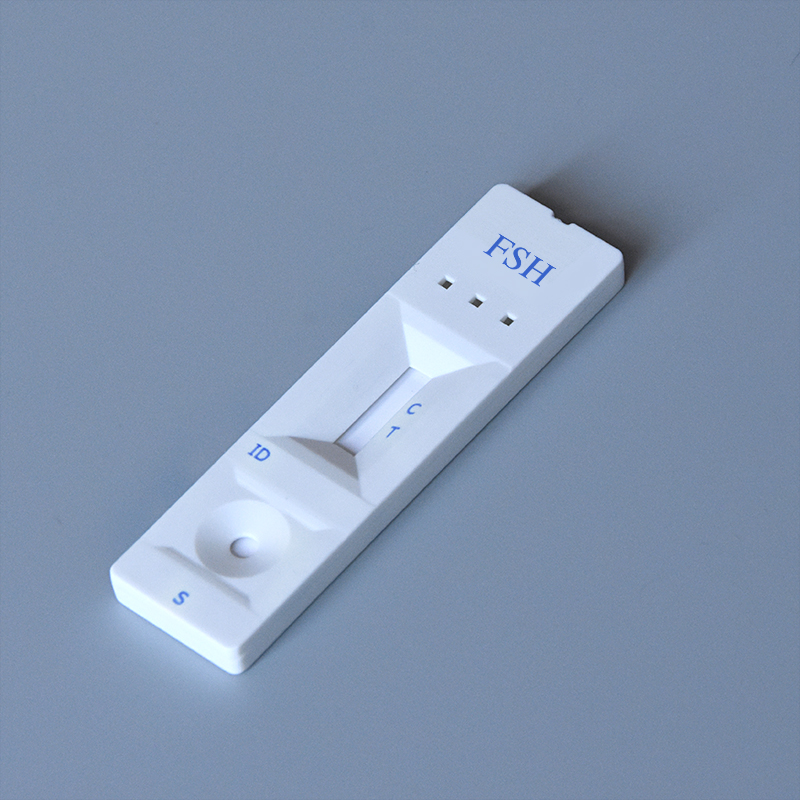Oct . 19, 2024 07:05 Back to list
Top Manufacturers for H Pylori Test Kits and Their Innovations
Understanding H. pylori Test Manufacturers A Comprehensive Overview
Helicobacter pylori, commonly known as H. pylori, is a type of bacteria that can inhabit the stomach lining, often leading to significant gastrointestinal issues such as gastritis, peptic ulcers, and even gastric cancer. The detection of H. pylori is crucial for diagnosing these conditions, and various manufacturers have developed a range of tests to identify this pathogen. This article aims to provide an overview of H. pylori test manufacturers, their products, and the importance of accurate testing in managing gastric health.
The Importance of H. pylori Testing
H. pylori infection is more prevalent than many realize, affecting nearly half of the world's population. Successful eradication of the bacterium can lead to the resolution of stomach-related symptoms and prevent potential complications. Testing is essential not only for diagnosis but also for confirming successful treatment post-eradication.
Types of H. pylori Tests
There are several types of tests available for detecting H. pylori
1. Breath Tests Urea breath tests are widely used due to their non-invasiveness, ease of administration, and high accuracy. Patients ingest a substance containing urea labeled with a specific carbon isotope. If H. pylori is present, it will break down the urea, releasing carbon dioxide that can be detected in the patient's breath.
2. Blood Tests Serological tests measure antibodies against H. pylori in the blood. While they are non-invasive, they may not distinguish between past and current infections, making them less reliable for treatment evaluation.
3. Stool Tests Stool antigen tests detect H. pylori antigens in fecal samples. These tests are also non-invasive and are particularly effective for confirming an active infection and monitoring treatment success.
4. Endoscopic Biopsy In this more invasive procedure, an endoscope is used to collect tissue samples from the stomach lining. This method is typically reserved for patients with severe symptoms or when other tests yield inconclusive results, but it provides definitive confirmation of H. pylori presence.
Leading Manufacturers of H
. pylori Testsh pylori test manufacturers

Numerous manufacturers have entered the diagnostic market, producing various H. pylori test kits. Below are some prominent companies that have made a significant impact
1. Quest Diagnostics As a leader in medical testing, Quest Diagnostics offers a range of H. pylori tests, focusing on convenience and accuracy. Their stool antigen and blood tests are particularly popular among healthcare providers.
2. Mayo Clinic Laboratories Known for their robust research and clinical expertise, Mayo Clinic Laboratories provides comprehensive testing options for H. pylori, including advanced molecular techniques to enhance detection rates.
3. Abbott Laboratories Abbott has developed a range of diagnostic solutions, including the Alere H. pylori rapid test. This point-of-care test allows for immediate results, facilitating quicker clinical decisions.
4. Roche Diagnostics Roche offers advanced testing solutions, including their ECLIA tests for H. pylori serology. These tests leverage electrochemiluminescence technology, which enhances sensitivity and specificity in detecting H. pylori antibodies.
5. Genova Diagnostics This company emphasizes functional medicine, providing comprehensive stool testing that includes analysis for H. pylori as part of a broader gastrointestinal health assessment.
The Future of H. pylori Testing
As technology continues to evolve, so does the landscape of H. pylori testing. Manufacturers are increasingly focusing on developing tests that are not only more accurate but also more convenient for patients. Novel methods, such as PCR (Polymerase Chain Reaction), are being explored for their potential to increase sensitivity in detecting H. pylori, especially in complex cases.
Additionally, the integration of telehealth and at-home testing kits is on the rise, making it easier for patients to access testing and receive timely treatment recommendations. The COVID-19 pandemic has accelerated the adoption of remote healthcare solutions, paving the way for a future where patients can receive diagnostic services conveniently and with greater privacy.
Conclusion
H. pylori testing is a critical component of gastrointestinal health management. With the contributions of various manufacturers, patients and healthcare providers have access to an array of testing options, from non-invasive breath tests to more definitive biopsy procedures. As technology advances, the future of H. pylori testing holds the promise of improved accuracy, convenience, and patient-centric care, ultimately leading to better health outcomes for those affected by this ubiquitous bacterium.
-
Dengue NS1 Rapid Diagnostic Test Kit
NewsMar.07,2025
-
Dengue NS1 Rapid Diagnostic Test Kit
NewsMar.07,2025
-
Dengue NS1 Rapid Diagnostic Test Kit
NewsMar.07,2025
-
Transferrin Rapid Test Cassette Tumor Marker TF Card
NewsMar.07,2025
-
Malaria Pf Pan Rapid Diagnostic Test Kit
NewsMar.07,2025
-
malaria pf / pan ag rapid test
NewsMar.07,2025

